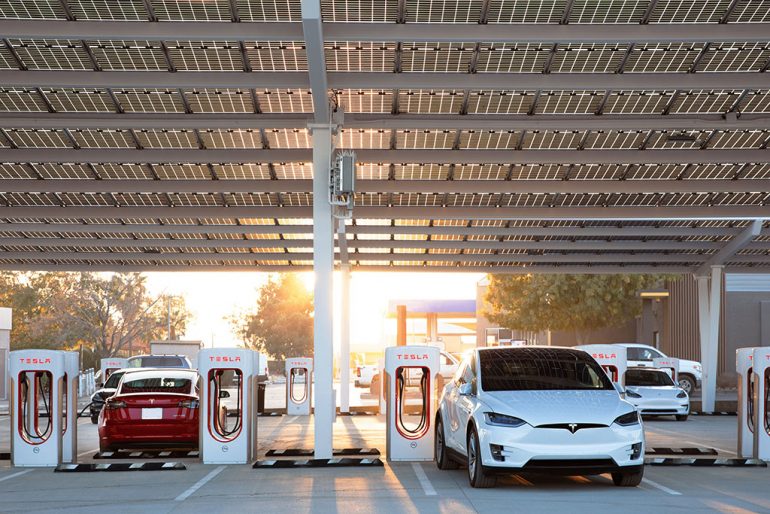
The Biden administration has announced the availability of $20 billion from a federal “green bank” for various clean energy projects, including residential heat pumps, electric vehicle (EV) charging stations, and community cooling centers. The initiative comprises two programs, with budgets of $14 billion and $6 billion respectively, that will provide competitive grants to states, tribes, and nonprofits to invest in clean energy initiatives. The primary focus of these programs, according to the White House, will be on disadvantaged communities.
The grant competitions will be unveiled by Vice President Kamala Harris, Environmental Protection Agency Administrator Michael Regan, and other officials at a historically black university in Baltimore. The green bank, officially known as the Greenhouse Gas Reduction Fund, was established by Congress through last year’s climate law. In addition to the recently launched $7 billion Solar for All program, which targets residential and community solar projects in low-income communities, all three programs will be overseen by the green bank, with grant awards expected to be announced next year.
Also, don’t forget that you can get discounted new car pricing with a free quote through qualified local dealer partners.
Michael Regan, the head of the Environmental Protection Agency, highlighted the significance of these grant programs in addressing the climate crisis while also transforming the economy. He emphasized that the programs would provide “transformational resources” for disadvantaged communities often overlooked by commercial banks and investors. Regan stated that this would serve as a strong signal to the market, encouraging private capital to be directed toward neglected areas and urban regions.
The National Clean Investment Fund, with a budget of $14 billion, aims to provide grants to up to three national clean financing institutions. These institutions will partner with states and the private sector to offer affordable financing for tens of thousands of clean technology projects across the country. The EPA stated that the $6 billion Clean Communities Investment Accelerator will provide grants to up to seven nonprofits, enabling them to work with other groups to facilitate access to investments necessary for deploying clean technology projects. Multiple community lenders, credit unions, housing finance agencies, and other institutions will finance clean technology initiatives in low-income and disadvantaged communities.
The grants from the National Clean Investment Fund will allow individuals, families, nonprofits, state and local governments, and small businesses to access the capital required for a wide range of clean-energy projects in homes, businesses, and communities. These projects will contribute to reducing air and water pollution, creating jobs, and lowering energy costs, as stated by officials. Possible funded projects include cooling centers in urban areas affected by extreme heat, EV charging stations, building retrofitting, and the installation of efficient heating and air-conditioning systems.
The green bank, which draws inspiration from similar banks in states such as Connecticut, New York, and California, is expected to unlock billions of dollars in private investment, according to Regan and other officials. They highlight the alignment of this initiative with the market’s direction and emphasize the importance of bringing private capital into clean energy investments.
However, even before the grants are awarded, some Republicans in Congress have criticized the green bank, labeling it a taxpayer-funded “slush fund” prone to abuse. In March, a GOP energy package was passed, aiming to repeal the funds allocated to the green bank. Critics like Rep. Gary Palmer argue that the fund would primarily benefit Wall Street firms without effectively reducing heating costs for American families.
In response to these criticisms, Michael Regan defended the green bank, stating that considerable effort was invested in designing the fund. He assured that there would be a rigorous reporting system to track how grantees invest the capital, emphasizing the focus on low-carbon strategies and ensuring that those who would otherwise be unable to participate could benefit from the investments.
Source: APNews